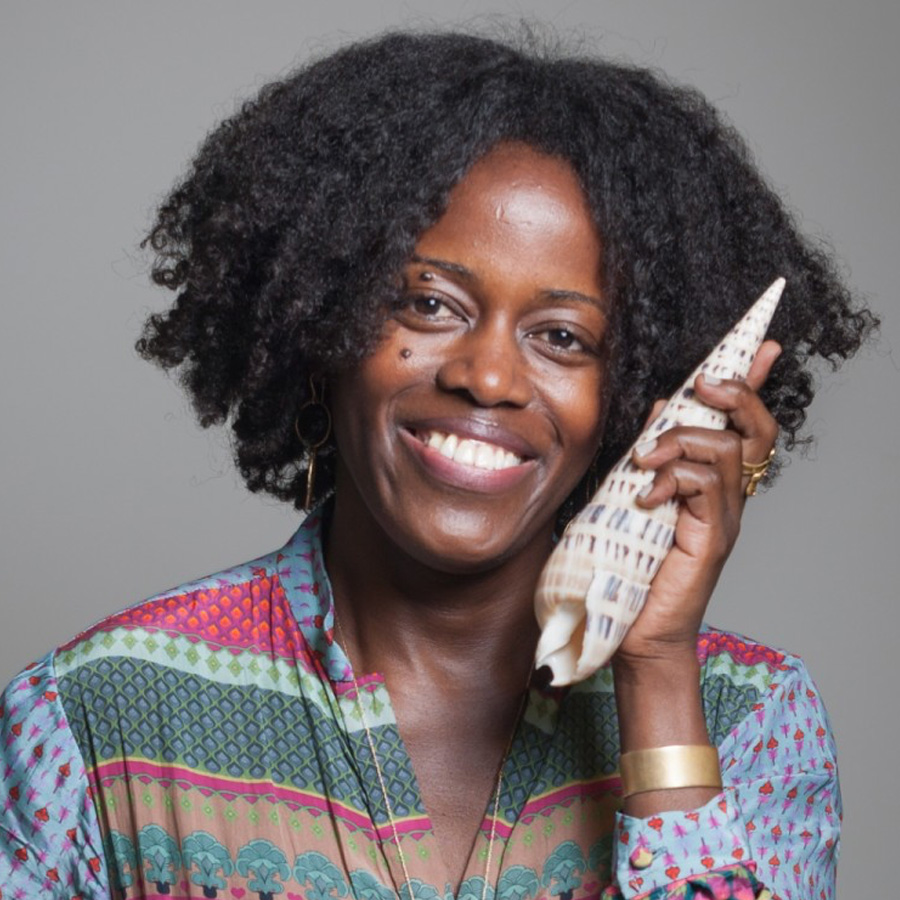Mandë Holford
Hunter College
Talk Session: SESSION 15: PEPTIDE NATURAL PRODUCTS AND BIOLOGICAL METHODS
Date: Thursday, June 16, 2022
Talk Time: 02:15 pm - 02:40 pm
Talk Title: Killer Snails: Agents of Change and Innovation
Mandë Holford is an associate professor of chemistry at CUNY Hunter College and The CUNY Graduate Center, with scientific appointments at the American Museum of Natural History and Weill Cornell Medicine. Her joint appointments reflect her interdisciplinary research.
Dr. Holford's research focus is chemical and biological diversity, specifically, investigating venom and venomous organisms as agents of change and innovation in evolution and for therapeutic development in pain and cancer.
She is actively involved in science education, advancing the public understanding of science and science diplomacy. She has received several awards including being named a 2020 Sustainability Pioneer and a 2015 New Champion Young Scientist by the World Economic Forum, and a California Academy of Sciences Fellow. She also received the prestigious Camille Dreyfus Teacher-Scholar Award, an NSF CAREER Award, and was honored as a Breakthrough Women in Science by the Howard Hughes Medical Institute, HHMI, and NPR’s Science Friday. She is cofounder of KillerSnails, an award winning EdTech company that uses gaming as a conduit to advance scientific learning in K-12 classrooms. Dr. Holford is a life member on the Council of Foreign Relations and an AAAS Science & Technology Policy Fellow.
The ubiquitous presence of venomous animals in the seas, on land, and in the skies, demonstrates the evolutionary success of venom in shaping fundamental biological processes related to defense, predation, and competition. The Holford lab uses venoms and venomous animals as agents of change and innovation.
We are interested in how venoms direct the evolution of organisms and how they can improve human lives. Venom peptides, and the genes from which they are derived, are a resource for investigating biological processes pertaining to organismal evolution –adaptive radiation, diversification– gene development –duplication, neofunctionalization– and cellular physiology involving ion channels, activating/inhibitory ligands.
However, with no reliable snail venom sample source outside of the animal itself, there is a bottleneck preventing the investigation of in vivo venom production and the evolutionary mechanisms that drive the function of marine snail venom peptides.
This talk will demonstrate the scientific path from mollusks to medicine examining how venom evolved over time in the terebrid snails, Terebridae, and how we can use this evolutionary knowledge as a roadmap for discovering and characterizing new peptides with therapeutic potential for treating pain and cancer. A venomics strategy, combining genomics, transcriptomics, and proteomics, has been applied to the discovery, characterization and optimization of terebrid venom peptides, teretoxins. In recent efforts, we have focused on developing invertebrate venom gland model systems that can be genetically manipulated to study the molecular innovation of venom.
The Holford lab uses inventive tools from chemistry and biology to: 1 investigate the evolution of venom in predatory marine snails, 2 discover disulfide-rich peptides from a venom source, 3 develop high-throughput methods for characterizing structure-function peptide interactions, and 4 deliver novel peptides to their site of action for therapeutic application. Projects highlighting the development of our a mollusk to medicine version of bench to bedside process will be discussed in this seminar.







